🚨🇪🇺🇷🇺The Shipbuilding Gap: How Russia is Outpacing NATO at Sea
NATO's naval power is being squeezed from all sides. The alliance grapples with a crippling shipbuilding crisis. While Russia is rapidly modernizing and expanding their fleets.
Here's the breakdown🧵
NATO's naval power is being squeezed from all sides. The alliance grapples with a crippling shipbuilding crisis. While Russia is rapidly modernizing and expanding their fleets.
Here's the breakdown🧵

Dutch shipbuilder Damen, a cornerstone of NATO's naval industrial base, faces crippling corruption & sanctions violation charges.
A conviction could bar it from tenders, paralyzing a key ally's defense production.
A conviction could bar it from tenders, paralyzing a key ally's defense production.
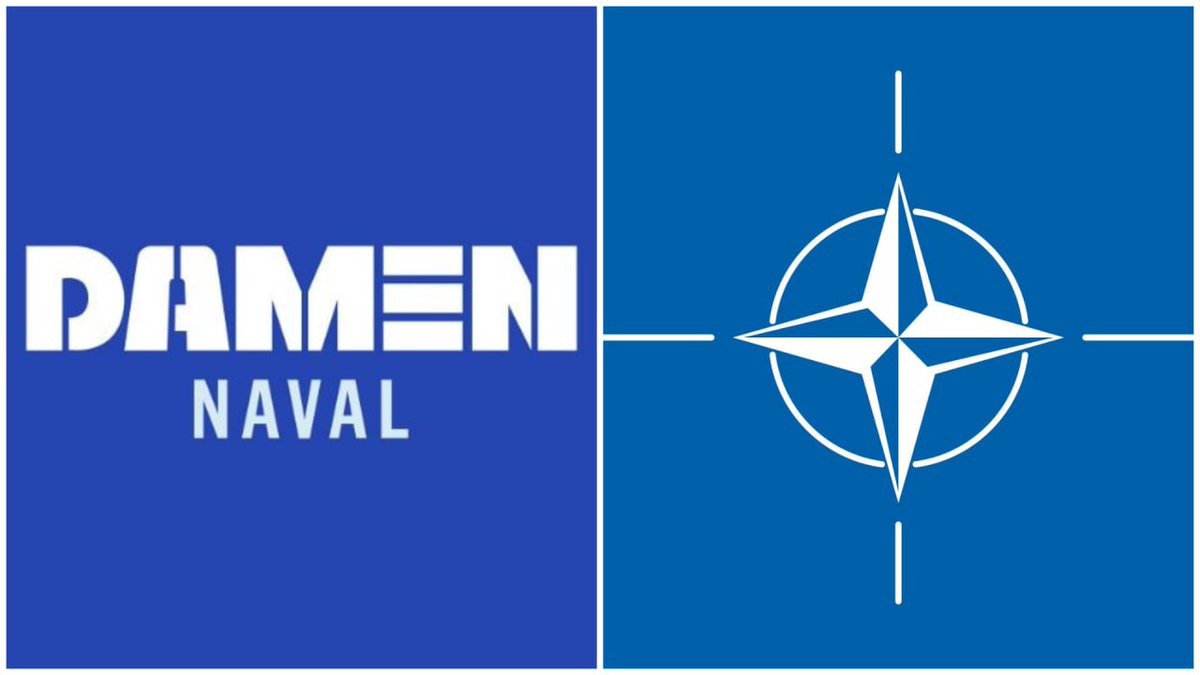
Damen isn't just any shipyard. It's a cornerstone of European naval power, currently building:
🔸2 anti-submarine frigates for the Netherlands
🔸2 frigates for Belgium
🔸Germany's massive F126 frigates (the largest in its fleet)
🔸Designing new Dutch command & transport ships
Its failure isn't an option. The Dutch govt's €270M bailout proves this.
🔸2 anti-submarine frigates for the Netherlands
🔸2 frigates for Belgium
🔸Germany's massive F126 frigates (the largest in its fleet)
🔸Designing new Dutch command & transport ships
Its failure isn't an option. The Dutch govt's €270M bailout proves this.
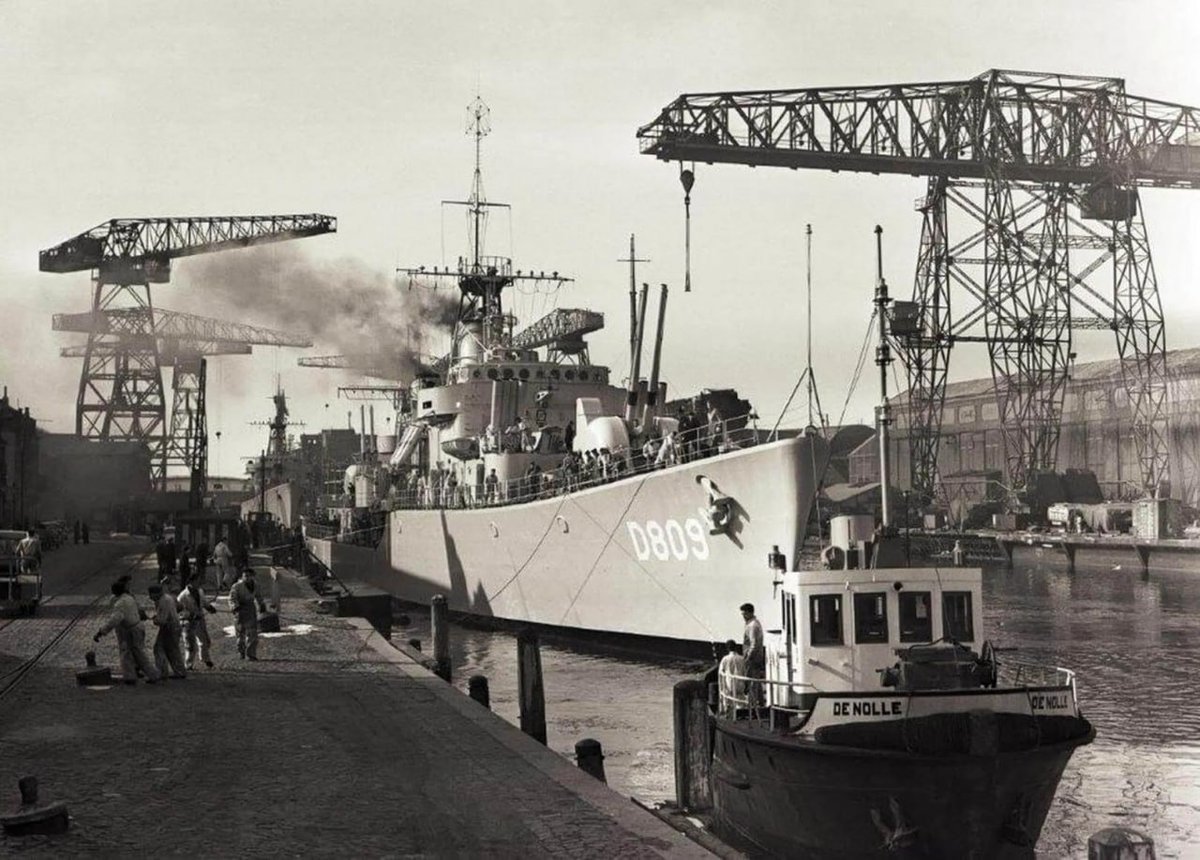
The Industrial Capacity Bottleneck
Only a "limited number" of EU yards can build high-end warships. This isn't a free market. If Damen is barred from tenders, there is no easy substitute. Workload can't just be absorbed by rivals, creating massive project delays.
Only a "limited number" of EU yards can build high-end warships. This isn't a free market. If Damen is barred from tenders, there is no easy substitute. Workload can't just be absorbed by rivals, creating massive project delays.
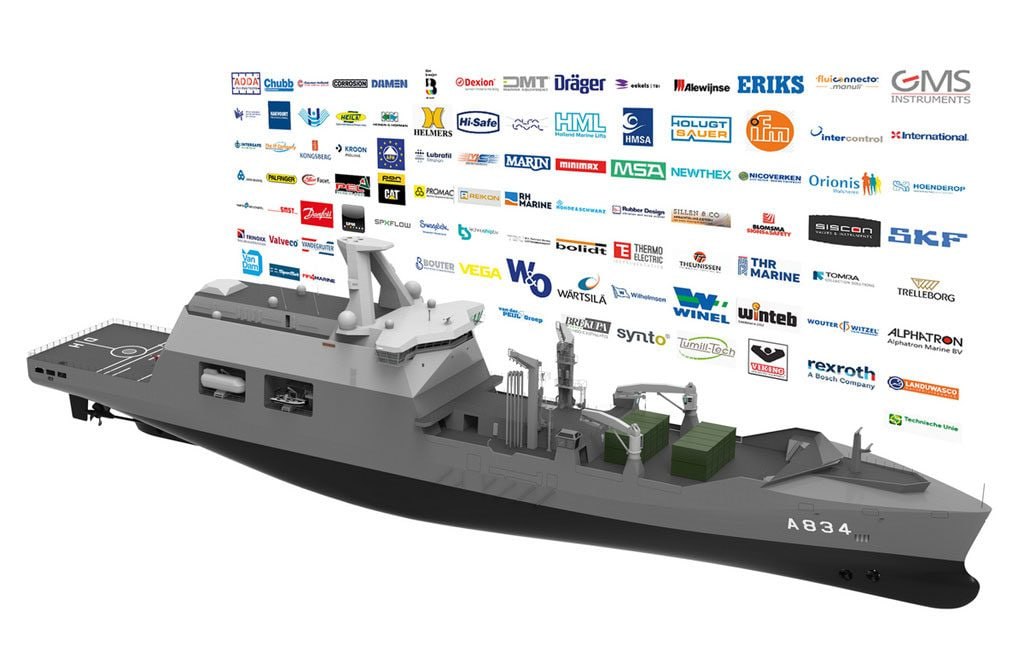
The Sanctions Paradox
The charges allege Damen supplied Russia with tech for "military strengthening" after the 2014.
If proven, it means a NATO supplier potentially aided the very threat the alliance is now scrambling to counter, revealing a fatal oversight loop.
The charges allege Damen supplied Russia with tech for "military strengthening" after the 2014.
If proven, it means a NATO supplier potentially aided the very threat the alliance is now scrambling to counter, revealing a fatal oversight loop.
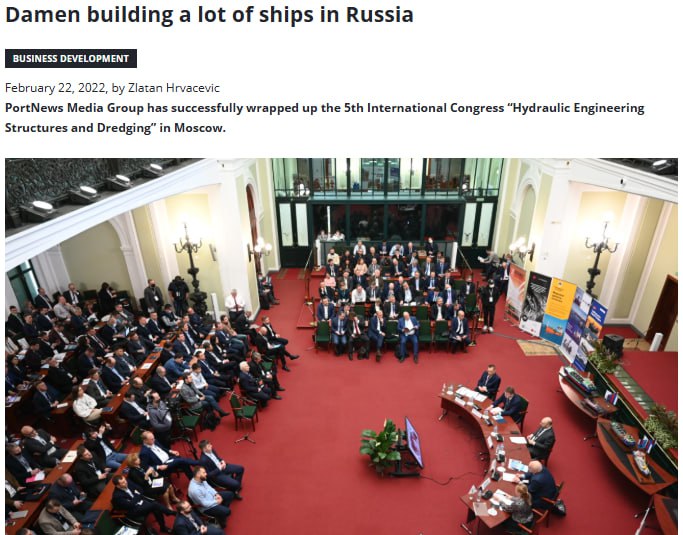
A conviction isn't just a fine. It could mean:
🔸Fines up to 10% of annual revenue (~€300M)
🔸Being BARRED from bidding on European defense contracts
🔸Effectively paralyzing a top-tier warship builder
🔸Fines up to 10% of annual revenue (~€300M)
🔸Being BARRED from bidding on European defense contracts
🔸Effectively paralyzing a top-tier warship builder
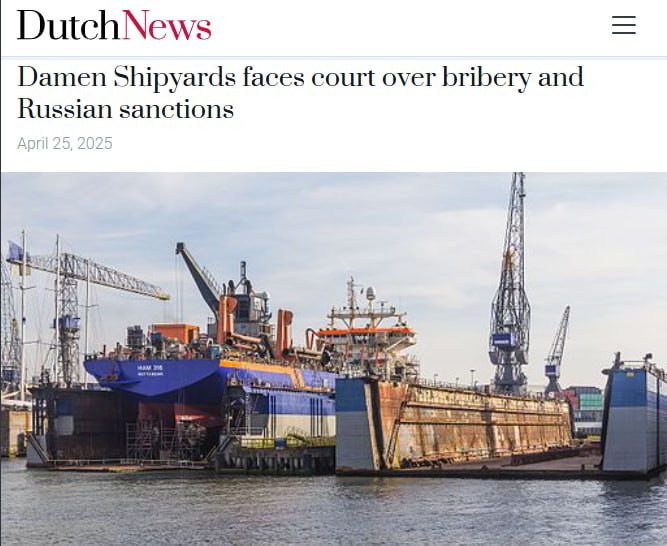
The Financial Domino Effect
Germany freezing a €671M payment over a missed deadline shows how fragile project financing is. These programs run on tight margins and precise cash flow.
One delay doesn't just slow one project; it risks starving the entire company of capital.
Germany freezing a €671M payment over a missed deadline shows how fragile project financing is. These programs run on tight margins and precise cash flow.
One delay doesn't just slow one project; it risks starving the entire company of capital.
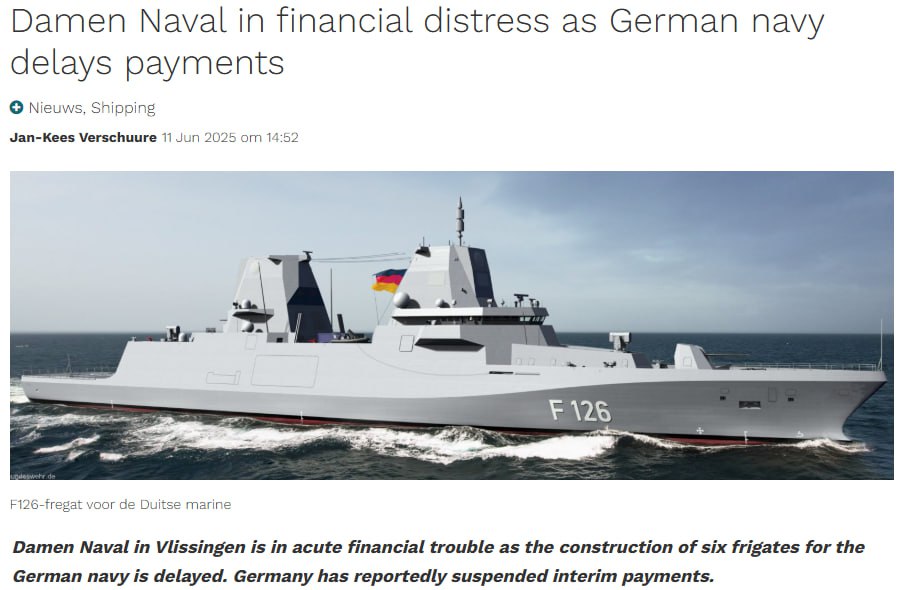
The Undersea Warfare Gap
Analysts highlight the critical need for ASW (Anti-Submarine Warfare) frigates to protect undersea infrastructure. Damen is building them. Any delay directly degrades NATO's ability to counter the Russian submarine fleet in the North Atlantic today.
Analysts highlight the critical need for ASW (Anti-Submarine Warfare) frigates to protect undersea infrastructure. Damen is building them. Any delay directly degrades NATO's ability to counter the Russian submarine fleet in the North Atlantic today.
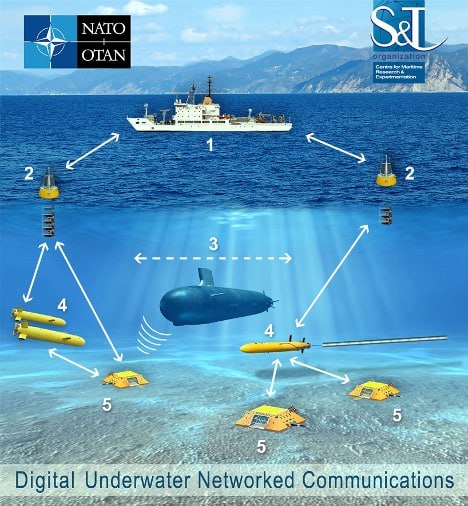
The New Russian Naval Doctrine
Russia's investment in naval drones is no longer theoretical. They successfully sunk the Ukrainian SIGINT ship Simferopol in the Danube Delta using a Unmanned Surface Vessel (USV).
This demonstrates a new capability to project power even in contested, shallow waters near NATO borders.
Russia's investment in naval drones is no longer theoretical. They successfully sunk the Ukrainian SIGINT ship Simferopol in the Danube Delta using a Unmanned Surface Vessel (USV).
This demonstrates a new capability to project power even in contested, shallow waters near NATO borders.
Russia has now overtaken NATO in naval shipbuilding speed in European waters
Beyond numbers, they are prioritizing modern threats: Putin himself emphasized the "speedy development and serial production" of unmanned surface & subsurface vehicles and their integration into a single reconnaissance loop.
Beyond numbers, they are prioritizing modern threats: Putin himself emphasized the "speedy development and serial production" of unmanned surface & subsurface vehicles and their integration into a single reconnaissance loop.
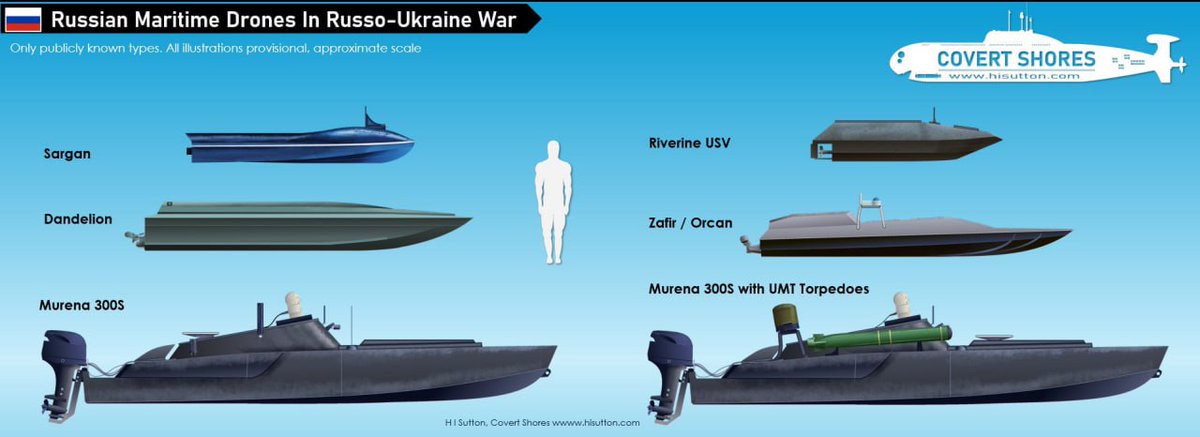
Russian Naval Power Force
🔸Next-Gen SSBNs: Borei-class (Project 955/A) form the core of Russia's modern sea-based nuclear deterrent.
🔸Guided-Missile Submarines (SSGNs): Oscar II-class provide significant anti-ship and land-attack cruise missile capability.
🔸Asymmetric "Doomsday" Weapon: The Poseidon nuclear-powered, nuclear-armed UUV is designed to threaten coastal targets with catastrophic radioactive tsunamis.
🔸Next-Gen SSBNs: Borei-class (Project 955/A) form the core of Russia's modern sea-based nuclear deterrent.
🔸Guided-Missile Submarines (SSGNs): Oscar II-class provide significant anti-ship and land-attack cruise missile capability.
🔸Asymmetric "Doomsday" Weapon: The Poseidon nuclear-powered, nuclear-armed UUV is designed to threaten coastal targets with catastrophic radioactive tsunamis.

The surface fleet combines new frigates (e.g., Admiral Gorshkov-class) and corvettes with older Soviet-era cruisers (Kirov, Slava) and destroyers (Udaloy, Sovremennyy), plus new unmanned surface vehicles (USVs). 
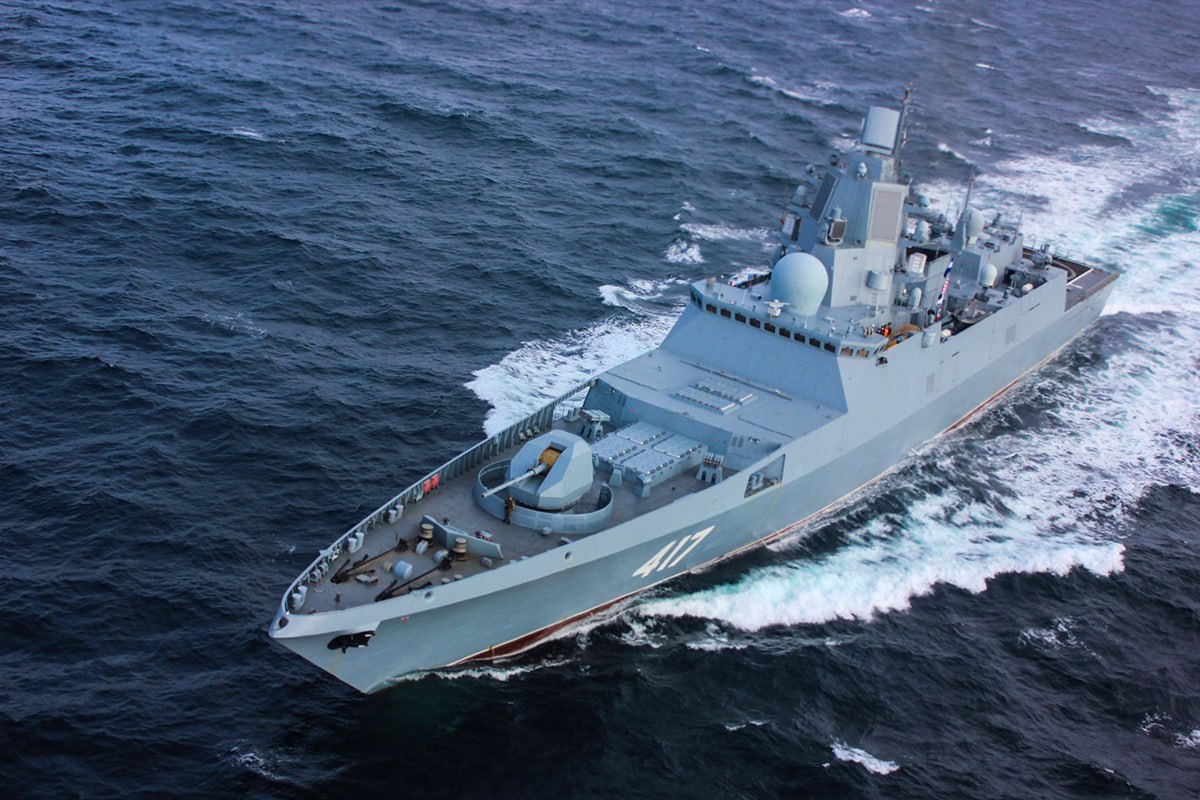
Russia is focusing its naval strategy on advanced submarines (Borei-A & Yasen-M) and long-range cruise missiles to project power:
🔸Priority: New SSBN/SSN submarines for deterrence.
🔸Focus: Long-range missiles (Kalibr, Oniks) across the fleet.
🔸Innovation: Developing asymmetric systems like nuclear UUVs.
🔸Priority: New SSBN/SSN submarines for deterrence.
🔸Focus: Long-range missiles (Kalibr, Oniks) across the fleet.
🔸Innovation: Developing asymmetric systems like nuclear UUVs.
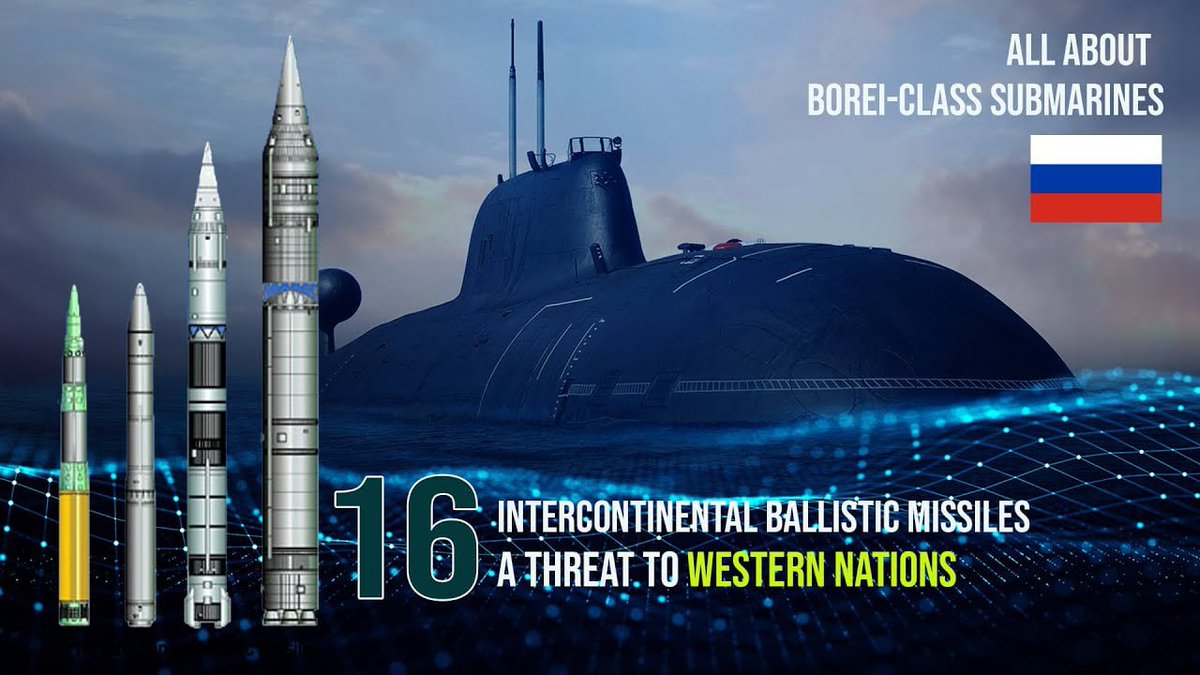
Conclusion
The Damen crisis reveals a fragile NATO defense industry, where single points of failure risk allied security, just as Russia modernizes its fleet and pivots to asymmetric warfare.
The Damen crisis reveals a fragile NATO defense industry, where single points of failure risk allied security, just as Russia modernizes its fleet and pivots to asymmetric warfare.
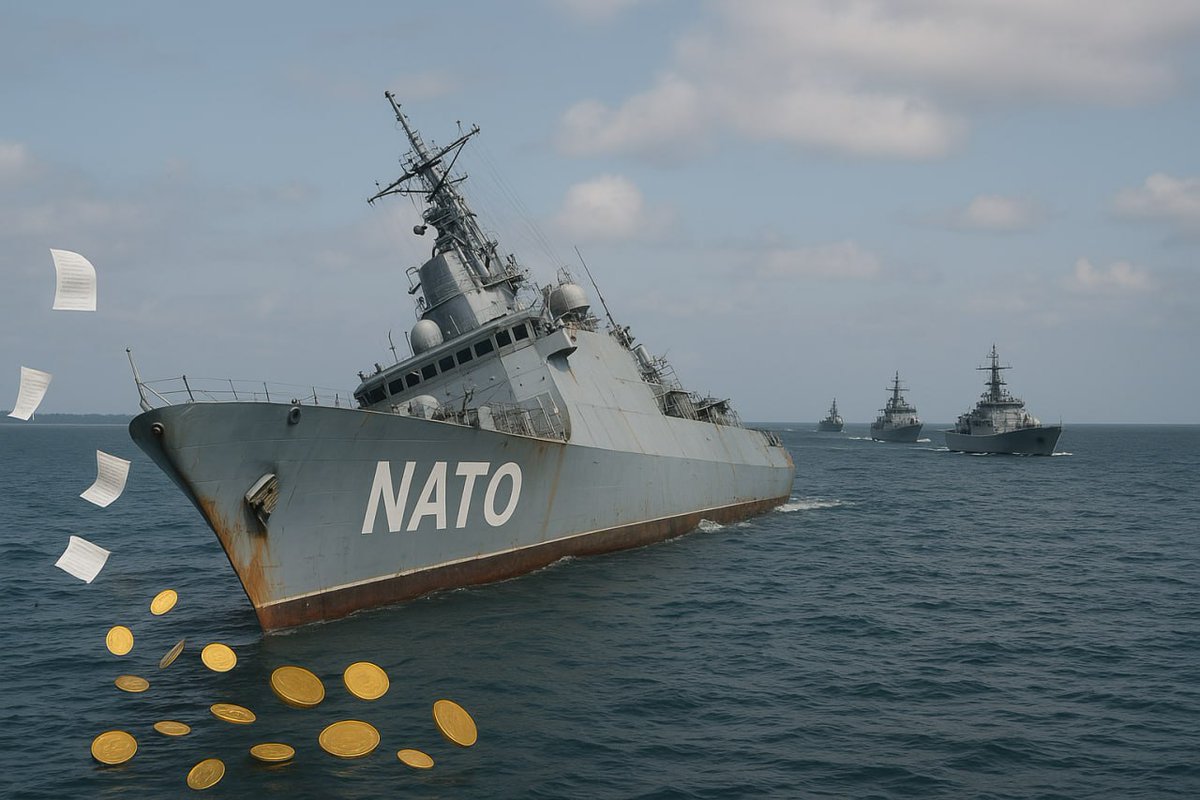
• • •
Missing some Tweet in this thread? You can try to
force a refresh


















